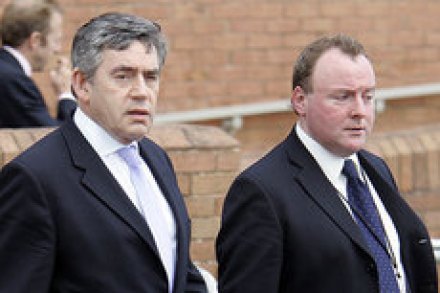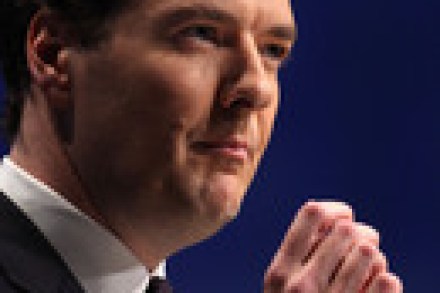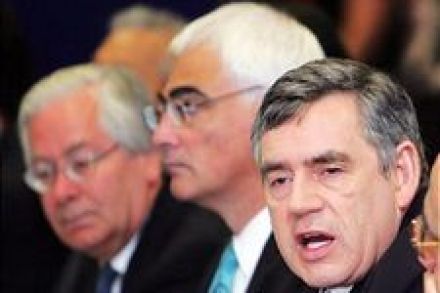Turning Japanese
Is the British economy turning Japanese? Since asking the question last year on Coffee House, the evidence has been piling up – and it makes for a cover story in this week’s magazine (which I have written with Mark Bathgate). The similarities are as follows: 1. Japan’s bust followed years of debt-fuelled growth which vain politicians saw as prosperity. 2. When the bust came, Japan’s government kept on spending. They did so in the name of Keynsian stimulus, thinking this would in itself kick start a recovery. All it achieved was to sink Japan deeper into debt. 3. Crucially, Japan didn’t do full disclosure on the collapsed banks. To fix



















